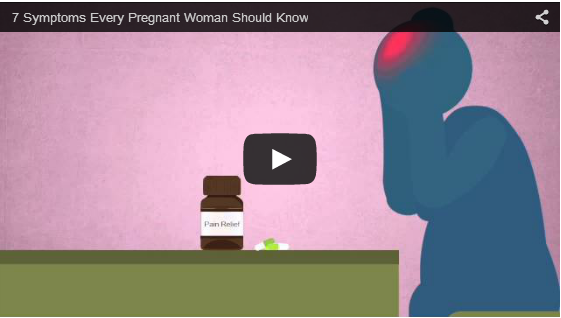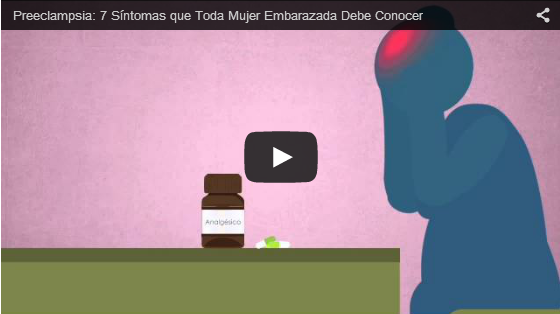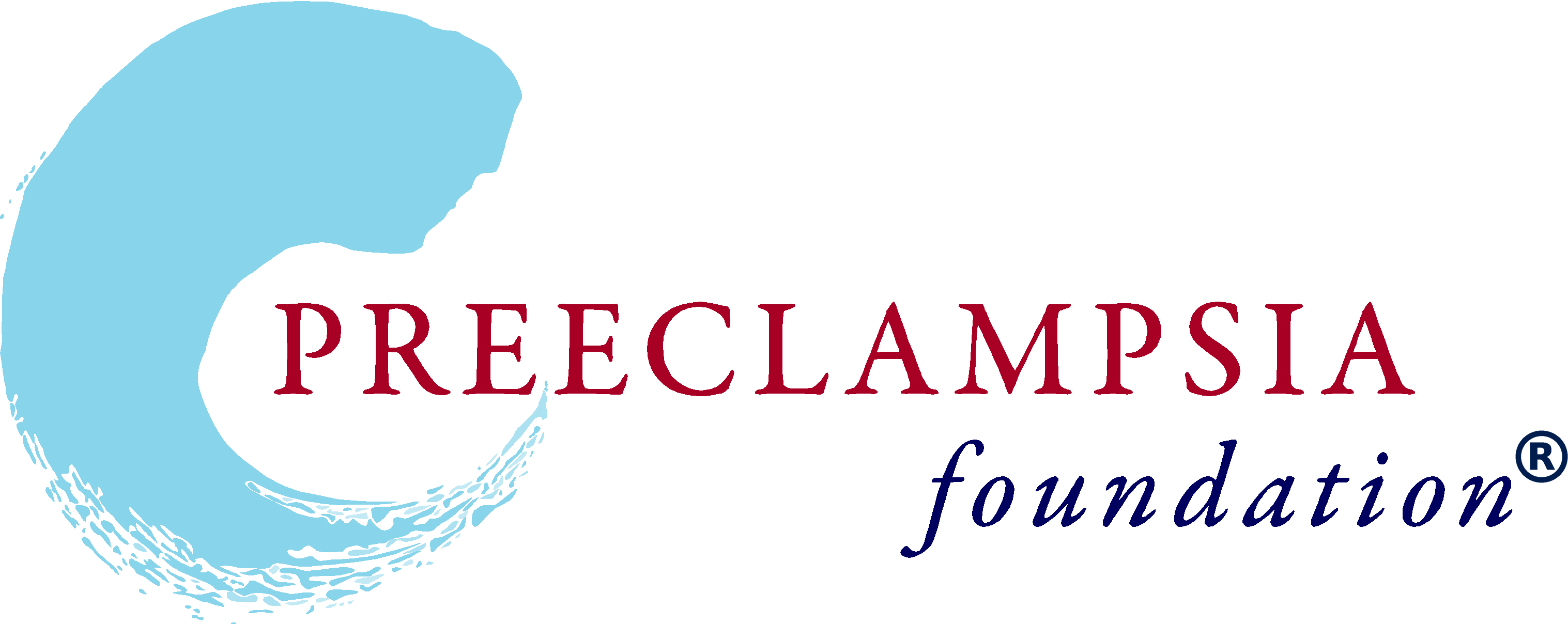It's a New Day in Public Health.
The Florida Department of Health works to protect, promote, and improve the health of all people in Florida through integrated state, county, and community efforts.
High Blood Pressure and Preeclampsia
Contact the Maternal and Child Health Section
- 850-245-4465
-
Fax
850-245-4047 -
Mailing Address
Maternal and Child Health Section
4052 Bald Cypress Way, Bin A13
Tallahassee, FL 32399-1721
- 7 Symptoms Every Pregnant Woman Should Know Video (English)
- 7 Sintomas que Toda Mujer Embarazada Debe Conocer Video (Espanol)

Copyright © 2014 by Preeclampsia Foundation, used with permission (www.preeclampsia.org)

Copyright © 2014 by Preeclampsia Foundation, used with permission (www.preeclampsia.org)
High blood pressure can cause problems for you and your unborn baby. High blood pressure increases your risk of heart attack, stroke, blindness and kidney disease. When you are pregnant, high blood pressure increases your chance of having complications during your pregnancy including a premature baby, a low birth weight baby or preeclampsia.
Preeclampsia usually occurs after the 20th week of pregnancy and is characterized by high blood pressure and protein in the urine. If left untreated, preeclampsia can cause organ damage in the mother, preterm delivery, and can be fatal for both mother and baby.
Controlling your blood pressure during pregnancy  and getting regular prenatal care are important for the health of you and your baby. Treatments for high blood pressure in pregnancy may include close monitoring of the baby, lifestyle changes, and certain medications.
and getting regular prenatal care are important for the health of you and your baby. Treatments for high blood pressure in pregnancy may include close monitoring of the baby, lifestyle changes, and certain medications.
For more information on high blood pressure and pregnancy, visit:





Connect with DOH